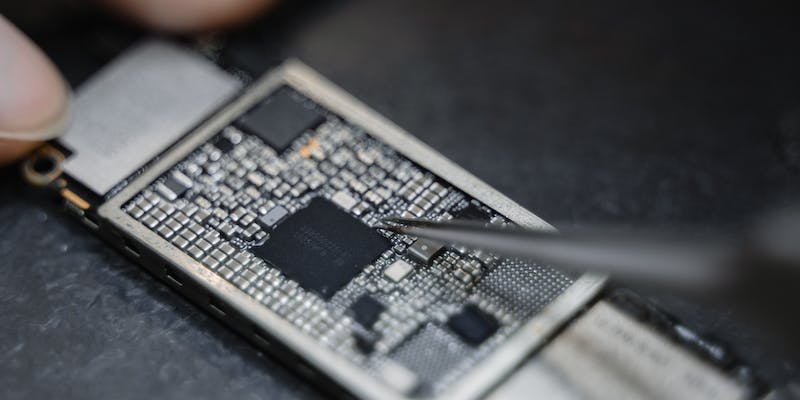In a surprising move, Intel has announced that it will not bring the Application Optimization (APO) feature, capable of boosting frame rates on supported games, to previous silicon generations. This decision has caught the attention of gamers and technology enthusiasts, leaving many to wonder about the reasons behind this exclusivity.
APO Boosts Frame Rates and Improves Power Efficiency
Hardware Unboxed, a reputable source known for benchmarking hardware, recently observed significantly speedier frame rates when utilizing APO with Intel’s upcoming Raptor Lake Refresh (14th-gen) CPUs. They reported an average increase of 20% in frame rates, coupled with a notable decline of 10% to 15% in power consumption. APO achieves this by harnessing the potential of the efficiency cores on the CPU, resulting in performance gains and improved power efficiency.
APO Exclusive to 14th-Gen CPUs
While the benefits of APO are evident, Intel has declared that it will not support previous-generation products with Application Optimization. This exclusivity has raised eyebrows and led to speculations that it may serve as an incentive for gamers to upgrade to the latest Raptor Lake Refresh chips. It is also possible that Intel may be reluctant to invest the necessary resources to make APO compatible with older Intel CPUs.
Unfairness for Owners of Older Hybrid CPUs
Intel’s decision to withhold APO from previous-generation CPUs leaves users who invested in older hybrid CPUs with less-than-ideal gaming performance. This situation seems unjust to those who expected their hardware to receive ongoing support and improvements. Gamers who invested in these older CPUs may now find themselves at a disadvantage when running the latest games and demanding applications.
APO Requirements and Supported Games
Application Optimization is not without its limitations. Presently, APO only functions with supported games such as Rainbow Six Siege and Metro Exodus. Furthermore, to avail of APO’s benefits, users must install Intel’s Dynamic Tuning Technology driver and obtain APO from the Microsoft Store.
Displeasure and Call for Change
Following Intel’s announcement, there has been a widespread outpouring of discontent from users who feel neglected and overlooked. Many have voiced their disappointment, arguing that previous hybrid CPU generations should not be left behind without access to newer features and optimizations. The frustration stems from the lack of clear reasons provided by Intel for excluding older CPUs from receiving APO support.
Intel’s decision to keep APO exclusive to 14th-gen CPUs raises questions about fairness, customer satisfaction, and the company’s commitment to supporting its older hardware. While technical challenges may exist, it is important for Intel to address the concerns of its loyal user base – those who have invested in previous-generation CPUs. Perhaps if enough noise is made, Intel may reconsider its position or, at the very least, provide transparent justifications for the exclusion. Ultimately, only time will tell if Intel will prioritize customer needs and extend APO support to older CPU generations.

